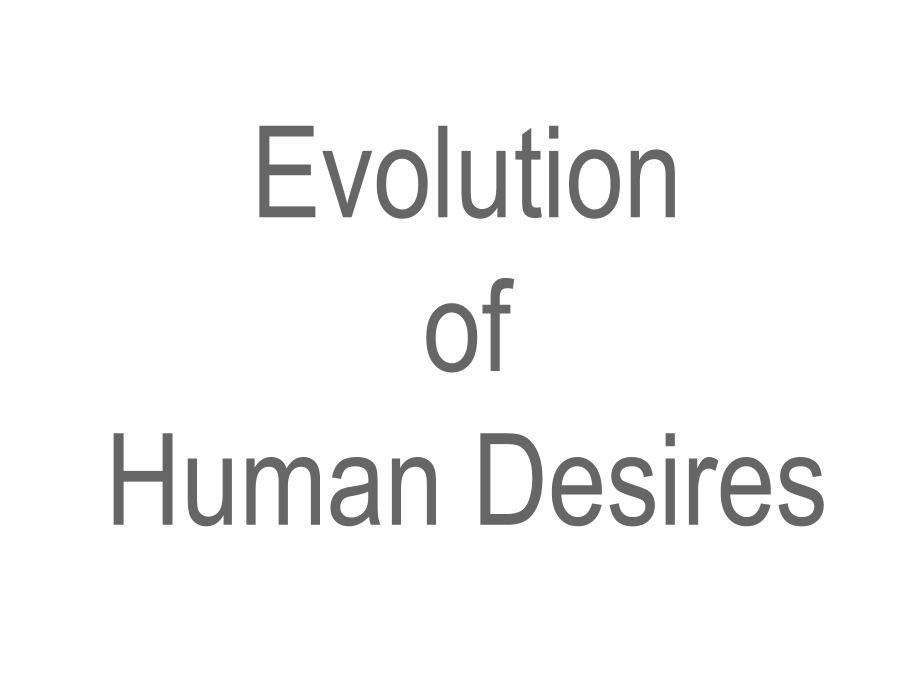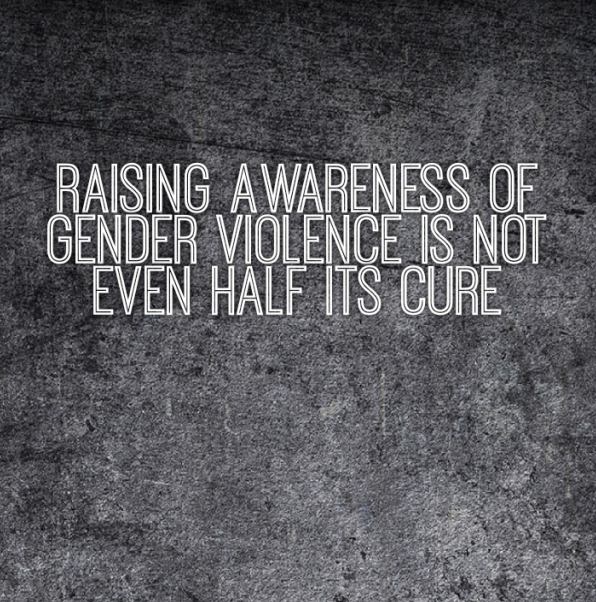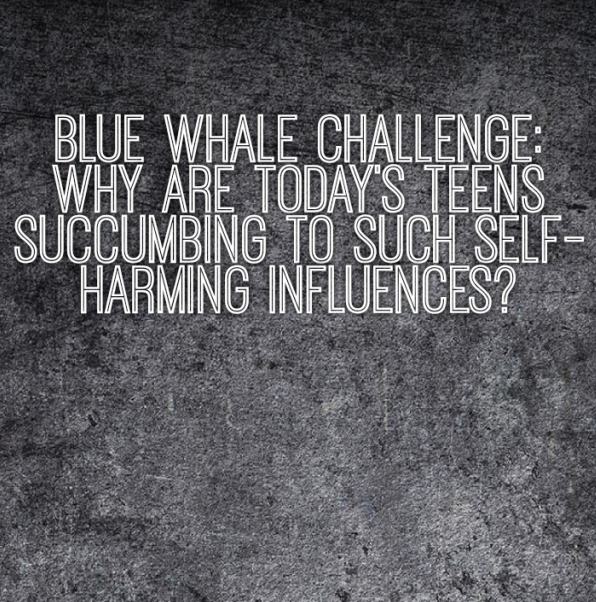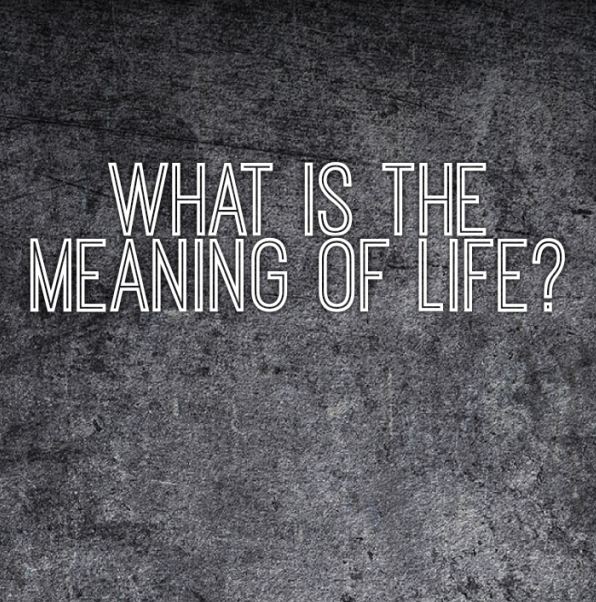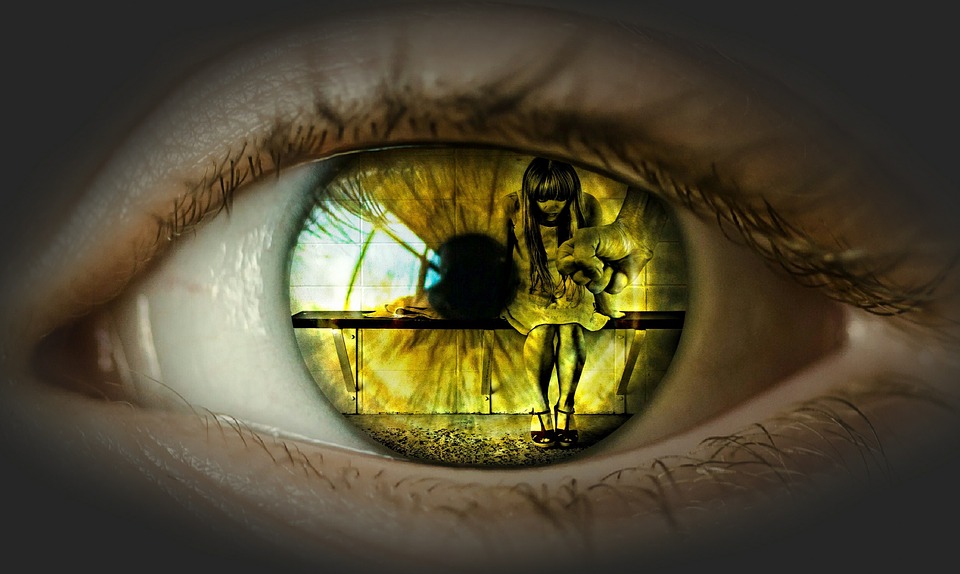Regret for having children. It’s a taboo subject difficult for most women to open up about. However, in recent years, Internet discussions, bestselling books and sociological studies have helped place it into the public spotlight.
Why do some women regret having children? Also, is there something that could be done to redirect that feeling of regret?
The reason there are women who regret having children is due to a major transitional process taking place in our era. Likewise, the countermeasure to this feeling of regret is to understand the nature of this transition and learn how to optimally adjust to it.
Where we once lived to fulfill basic, instinctive, animal-like desires to hold a stable home and raise a family, today a new desire belonging specifically to humans emerges. This new desire demands a completely different kind of fulfillment: Instead of fulfilling our instinctive animalistic desires for food, sex, shelter and family, and earning enough money to supply for those needs, today’s new desire seeks a sense of meaning and self realization.
By weaving childbirth and motherhood into the fabric of fulfilling the desire for meaning and self realization, feelings of regret would be replaced by feelings of motivation and purpose. This is because the fulfillment of this new desire brings about the discovery of a higher reality.
Here’s what that means and how it’s doable…

Women Who Regret Having Children
While taboo, women regretting having children has been a phenomenon increasingly coming out of the closet. Online discussions like Reddit’s “Have you ever wished you didn’t have kids? If so, why?” and Quora’s “What is it like to regret having children?” have hundreds of comments. The Facebook group “I Regret Having Children” has grown to over 7,000 members. Sociologist Orna Donath analyzed the accounts of 23 Israeli mothers who regretted having children in her analysis, Regretting Motherhood: A Sociopolitical Analysis, which quickly gained popularity. Also, two bestselling books appeared on the topic, Corinne Maier’s No Kids: 40 Good Reasons Not To Be A Mother and Sarah Fischer’s Regretting Motherhood. Fischer also reported getting 80 emails a day from mothers thanking her for her work.
Recurring themes to the regret include feelings of restriction: less time for oneself, less time for socializing, an inability to pursue career and/or travel ambitions, and the comparison to non-parent peers who seem to be doing a lot more with their lives.
Identity crisis emerges as the birth of the child gives “birth” to the mother. She feels her new identity as a lifelong burden. Moreover, the beautiful little baby quickly becomes a commanding little manager. The woman’s individual potential appears to become overshadowed and suppressed by her role as mother.
“Today, our desire has outgrown our ability to be fulfilled by its traditional means.”
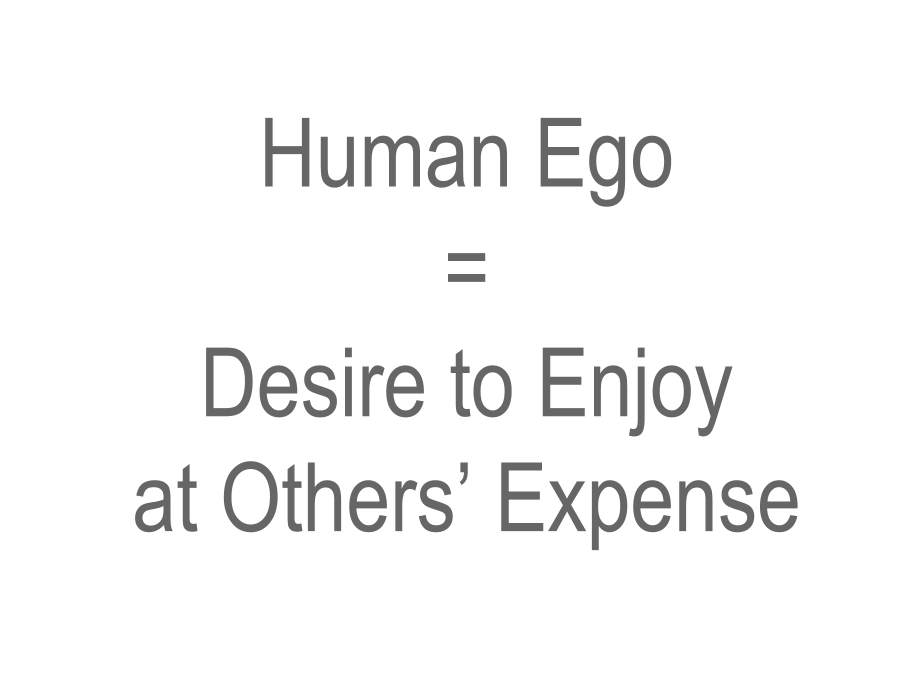
Why Does This Regret Appear in the First Place?
Regret appears due to the onset of a new desire surfacing in more and more people. It’s a desire characteristic specifically to us as humans, which neither exists in animals, nor in our past animalistic phases of development.
In the past, our desires were more animalistic, i.e. they were closer to us simply surviving. A woman typically felt in control by running her home. She had a husband who would go out to work and make money for the family. She knew that she would manage her home and raise her children. Moreover, society at large supported this traditional family structure.
Today, the traditional family structure has largely declined. Our desire has outgrown our ability to be fulfilled by its traditional means. The desire for meaning and purpose in life is far greater in scope than our past instinctive desires (food, sex, family, shelter) and social desires (money, honor, control, knowledge).
Firstly, our new desire finds its expression by us wanting something completely new and different, detached from our past frameworks and boundaries. Career and travel ambitions emerge due to society being engaged in this search, but not knowing what it wants other than to explore beyond its past limitations. However, career and travel ambitions are detours that will soon also exhaust themselves. That’s because the fulfillment of this new desire cannot be found in any of the ways we currently fulfill ourselves: after any kind of fulfillment comes another lack.
Instead, this new desire is leading us to the discovery of something entirely different: a higher reality, balance and harmony with the creative force that sustains and develops life. In other words, today’s new desire is demanding contact with the meaning of life, which is in essence, above and beyond everything in our world… including our children.
“By rising to the level unique to the human—more human connection, growth in our attitudes to each other, mutual support, love and consideration—we would discover a whole new fulfillment.”

How to Replace Regret With a New Fulfillment
Escaping from traditional family structures has not made us any happier. On the contrary, the decline of traditional family structures has been shown to have negative psychological, physiological, relational and economic effects on children, parents and society.
Traditional family structures are embodiments of the animate level. Like how animals naturally live within certain boundaries, humans too shouldn’t seek to break away from their traditional frameworks as a means of becoming happier and more successful.
Instead, we as humans need to rise to the level unique to the human. That is achieved through a change in our social relations: more human connection, growth in our attitudes to each other, so that we would become more supportive, loving and considerate. By doing so, we would discover a whole new fulfillment.
The woman/mother who simultaneously undergoes two processes—the process as a mother who cares for her family, and the process where she elevates herself above the animate level to attain the meaning of life—would see her actions in childbirth and motherhood as part of her ability to achieve her full potential: becoming like the Creator.
